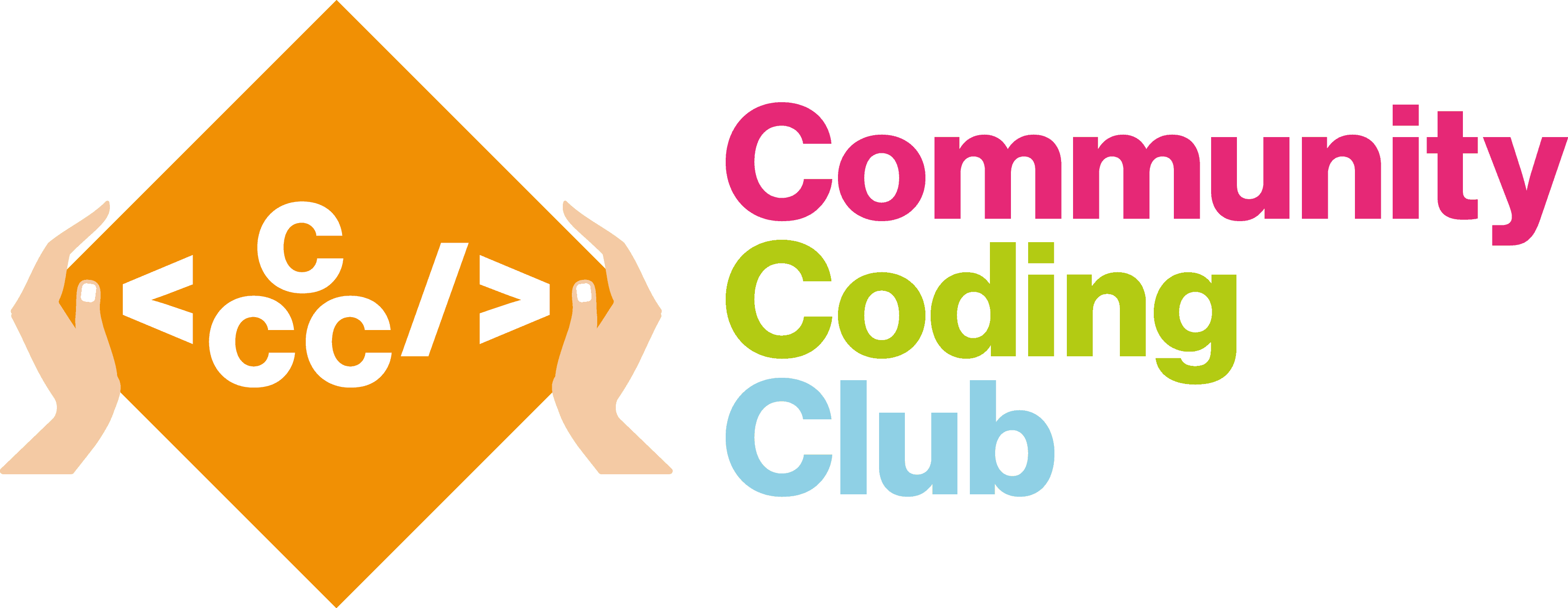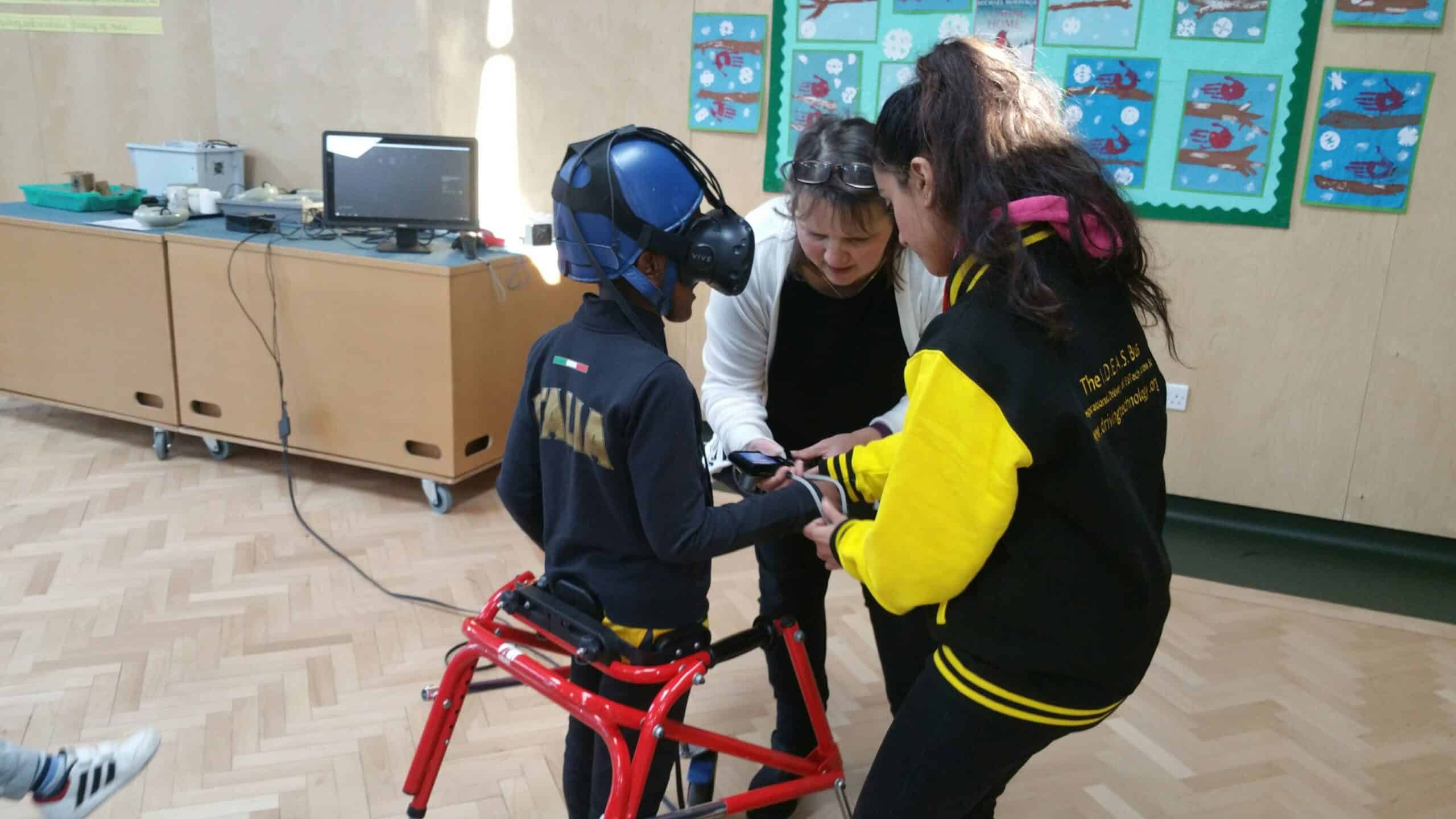Digital Skills Apprenticeships
Industry Specialist Trainers
0333 4444 227
hello@commun-it.org.uk

Get a Job, Get Paid & Learn Accredited Digital Skills

Get Help with Job Applications & Be the Best Candidate You Can Be
Get Volunteer Opportunities to Build Up Your Employability

Below is an example of some of the things you could be doing for your employer:
Spearhead A New Company Communications Strategy
Here what others had to say…
My trainer…helps me regain energy
My trainer uses ad-hoc breaks to help me regain energy after difficult topics
Aileen
Part of improving the visual standard of the company
I am proud of the rebranding which I am currently working on, as well as some other good designs. I believe I was part of improving the visual standard of the company. I appreciate the opportunity to work and try new things in a safe, and encouraging space/environment.
Rui
I am encouraged…I am challenged
I am encouraged to participate in session if I drift off. I am challenged to make attempts even if I don’t know the answer.
Michael
By training with your employer you are also supporting Local Schools and Young People in your Local Community
-
Your organisation will also sponsor an IDEAS Bus visit to a local school of their choice. They can even have their branding and messaging on the bus and come along!
-
You will be helping bring digital skills to the disadvantaged, disabled and all genders and demographics of young people.
-
You will help bring awareness of career opportunities in the STE(A)M industries whilst providing female role models to increase uptake for girls in these industries.
-
You will greatly increase the health, both mental and physical, for our younger generations from the workshops they attend about how to stay safe in a digital world.
How does it work?
1. Analyse the Target
2. Find Ideas
3. Prototype
4. Test the Concept
Frequently Asked Questions (FAQs)
Getting started on an apprenticeship
The gov.uk website shows the minimum wage for apprentices as £4.20 per hour for the first year. This is to make it possible for employers to spend their own time and resource (both cost money) to help you get qualified and pass your course.
Apprenticeships are available to everyone aged 16 and above.
You must be in a job to do an apprenticeship. The job role must be valid for the qualification and suggested job roles are listed in our course descriptions for each of our courses.
If the job you are currently doing is valid and has contracted 31 hours per week or more, you can ask them to enable you to become their apprentice. This would mean that 20% of your working hours would be dedicated to training and not working. You can request assistance from Commun-IT here.
If the job is not relevant to the Qualification Standard, you must find a job that is. You can check our vacancies here, and/or have us contact you if a suitable vacancy arises by filling in this form.
You are not prevented from having another job separate from your apprenticeship job. However, if you are not performing your job properly as a apprentice, or you are lacking in your training, both the training provider and the employer have a right to end your apprenticeship.
Your training is part of your work and is underpinned by your job contract. Therefore, your employer still handles things such as holiday under normal employment law. You should inform your trainer that you will be away and they can instruct you as to how to make up for lost time. Any job can continue during an apprenticeship and any adaptations needed can be discussed before the course begins when you are asked about your requirements.
Apprenticeship Standards have been designed collaboratively by training providers and employers. They are focused on a set of job roles, all of which require the knowledge, skills and behaviours that the apprenticeship training delivers or prepares you for.
If you answer yes to the below two questions for any particular apprenticeship standard, then you should consider it:
- Do I want to do this job and progress in this line of work?
- Do I want to learn these knowledge, skills and behaviours?
Getting the best result from training
For your off-the-job training with your training provider, you will be assigned to a trainer for your course. They will sometimes train you in a group class and sometimes directly. They can also observe you at work and attend meetings with your employer. They will also receive support from other staff at Commun-IT to help you. Specialist modules in your training might be delivered by a different trainer too.
For your on-the-job training, you can ask your workplace to provide a mentor for you. This does not have to be your manager. A mentor can support and guide you. However, your manager may also perform this duty. Your employer may make other training arrangements for you that are necessary for your role such as First Aid.
This is set out in an agreement with your employer. Training can be weekly, monthly, block release or a mixture. You must spend 20% of your time on training activities, some of which is direct contact with your trainer and attendance is required.
You can read about time management for apprentices here.
The key to career progress has not changed. You must excel first in your job role so that you can move onto adding even more value in your organisation. The apprenticeship format ensures all your achievements and wins are celebrated and recognised, but it is up to you to make them happen. You should always actively seek out what results are expected from you at work and deliver them. You can read more in our guide on how to build a strong work ethic.
As an apprentice, you receive an increased amount of support with your career aims from Commun-IT, the training provider. You can speak to us about your goals, you can raise concerns, you can ask for assistance and guidance and most importantly, you can learn how to overcome any obstacle in the workplace or in your personal life. A job with no setbacks is a great place to be.
Apprenticeship Standards may have knowledge exams. In those cases, you receive a certificate per exam and they are normally booked in after your studies for the respective exam are complete.
The application of your knowledge and skills is primarily recorded by your work output from assignments that your trainer sets, and your tasks in the workplace. There is typically a desired format in which you should present your work, which collectively is called your portfolio. It should contain evidence of you having covered every aspect of your apprenticeship standard.
It can be difficult to prove your behaviour standards yourself, therefore your trainer and your employer will observe you, write witness statements, references and perhaps other documents to give your Assessor evidence of these things.
Finally, the Assessor will observe you at work and also interview you.
In some courses, a synoptic project is required. This is a project that you are given to complete under exam conditions, but it is ‘open book’. You are able to look at your previous work and use the internet.
The assessment comes at the end of an apprenticeship and is called an End Point Assessment (EPA). Your employer must decide that you are ready for it before the training provider can enter you. If a portfolio is required, this must also be completed before you are entered or within a limited time frame afterwards (but before your final assessment).
- You can work, learn and earn, all at the same time. It does not get better than that when it comes to developing yourself in all areas whilst affording sustenance and a social life.
- You have two expert sources of knowledge. The workplace gives you the real world hands-on view of what that job is like to do and how to be the best. The training provider makes sure you are equipped to grow your knowledge and skills by yourself by understanding the academic basis for everything you are expected to do. Both places also provide additional support and guidance for your personal and career development. Therefore, an apprenticeship is like a launchpad for your future.
- An apprenticeship has flexibility. You can arrange the sort of training schedule that helps you do well, by agreeing this up front with your employer. They will represent your preferences when they discuss their own preferences with us. You might before to train just a few hours a day rather than a full day for example, so that you get to work everyday too. Much is possible.
- You can make a lot of friends and build your professional network so that in future, they can connect you with other opportunities. You should aim to earn everyone’s respect and be seen as a genuine worker and team member – you should not be expecting any special treatment, but rather aim to get a proper and real experience of the job. A real experience is what other academic based courses in university for instance, often cannot give you.

Get in Touch if you have any Questions
If you have a learner enquiry please be sure to use your learn email account and email learn@commun-it.org.uk. For any other matters, please contact us on the details below. Thanks




© Fresh Commun-IT Limited is a company registered in England and Wales with company number 09378225

